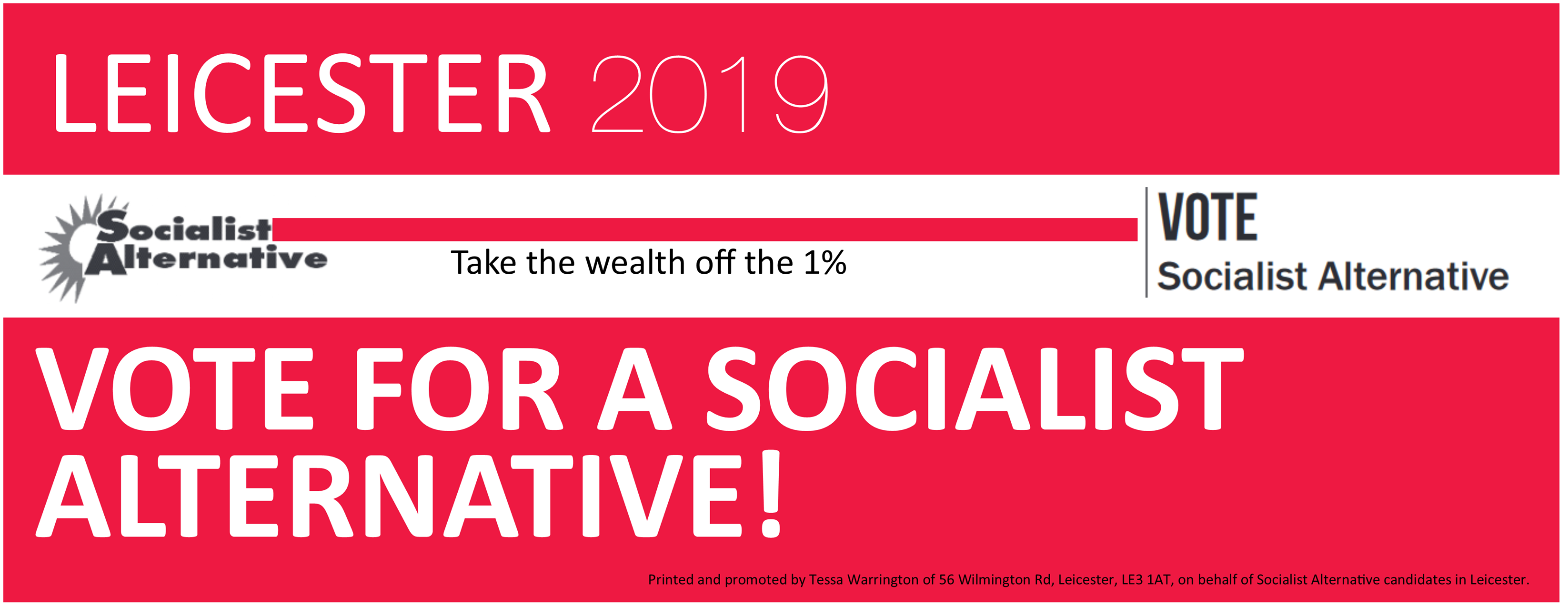Darker Shade of Blue – Life on the Azure Card
The Azure card is given to asylum seekers who are under Section 4, awaiting a result on their claim for asylum. The card limits where you can go to for food and other essentials and asylum seekers live on a measly £36.62 a week. They do not have access to other benefits and are not legally allowed to work. The voucher scheme was first used in England in 1999 and is currently frozen so that its value is being eroded by inflation.
Mark Gawthorpe is a volunteer with Refugee Action, a charity which offers support to asylum seekers and those with Section 4 support. He reported that Iain Duncan Smith was considering extending the use of the Azure card to people with gambling, drug or alcohol problems, so that they can only spend money on ‘essentials’. This further stigmatises vulnerable people and will exacerbate mental health issues. He thought that this could be the thin end of the wedge, and the scheme could be extended to cover benefits in general, such is the extent of scapegoating of benefit claimants in the mass media.
At a meeting hosted by Leicester Civil Rights Movement, I heard first-hand accounts from people struggling to live on the card: “Not having cash means that you cannot shop in charity shops or the market, which would be cheaper and preferable to supporting big business. I can only use Tesco, Asda, Morrisons or Sainsbury for food – otherwise I need to exchange the card for cash”.
“I have been an asylum seeker for three years, living in a pub and destitute. When you get the Azure Card, it reminds you of a sunny sky, a symbol of hope. But the reality is not like that. Maybe your nearest supermarket is far away, or you may be old, disabled or sick – you still have to walk to the supermarket and back”.
“It makes you feel like a criminal, people in the queue stare at you”.
“I can’t save any money from week to week – if you do not use all the money up within a week, it disappears. It makes you a prisoner – you have no choice about where to shop or what to spend your money on. You cannot save up to give someone a gift, or to celebrate. You need to rely on other people to exchange the card for cash – this makes you vulnerable to exploitation”.
Mark reported that the Home Office seeks to undermine support mechanisms for asylum seekers, by scattering them across the country – so they are disenfranchised. The message is that you are not welcome here.
“People with dependency issues and drink or drug problems could unite with asylum seekers to stop this campaign of stigmatisation. People with problems often self-medicate – I knew a woman who lost both her children, but ended up using heroin. People can be labelled as “criminals”, “CHAVs”, “uneducated”, but I have experienced peer-led communities, who helped me overcome my drinking. This was as a result of a social phobia – used as a coping mechanism”.
“There is a connection, sympathy and similarity between members of these communities, both are alienated and disenfranchised. If you have plenty of money, you are welcomed into the country on what is called an “entrepreneurial visa”, yet vulnerable people, who have gone through horrific experiences, are being targeted”.
“We need to defend high quality, publicly provided drug and alcohol services. We need to empower a disenfranchised working class and connect up community organisations with each other”.
It was felt that a successful campaign to abolish the Azure card might be like fixing a small cog in a big wheel – but it would be an important start and give people confidence that they can win victories.
The private company Sodexho profits from the Azure card system. The Mirror ran a story showing the money made from asylum seekers by the “big four” supermarkets – Tesco £20.6m, Asda £11.3m, Sainsbury £5.9m, Morrisons £2.4m. “Often people are asked for their signature to buy something. Shops are inconsistent – they may take a card one week and not the next”.
This stigmatisation of marginalised groups is part of capitalism. It is a deliberate strategy, to isolate and atomise working-class and poor people. Mainstream politicians, of all parties, argue that cuts are inevitable and we have no choice but to accept austerity.
Yet the people of Greece and Ireland have shown that there is an alternative to division and scapegoating, by rising up en masse against debts and water charges. We need to do the same here, and also build a political voice for those who have no party to speak for them. The Socialist Party campaigns as part of TUSC, the Trade Unionist and Socialist Coalition – which is in the process of building a new political voice for the oppressed.



